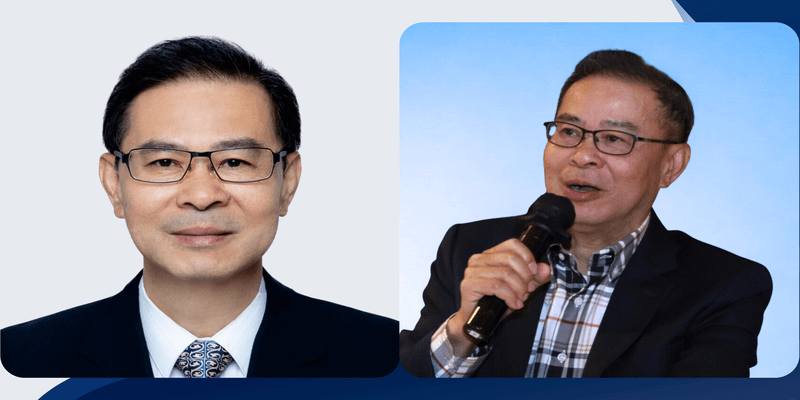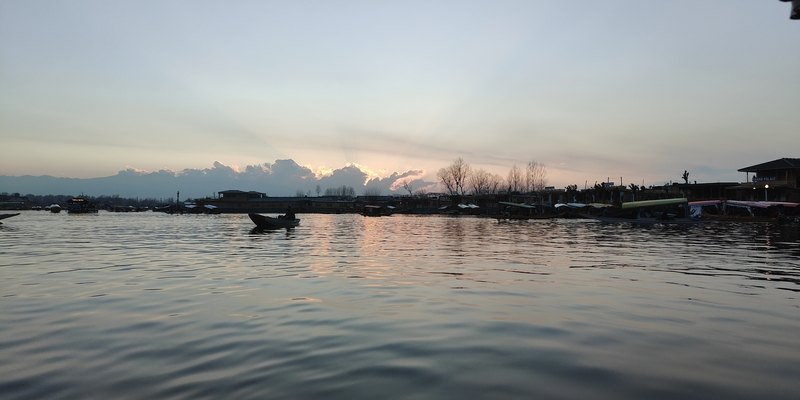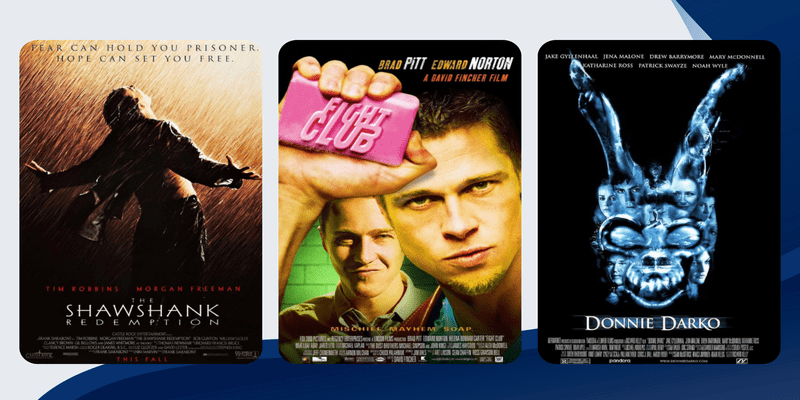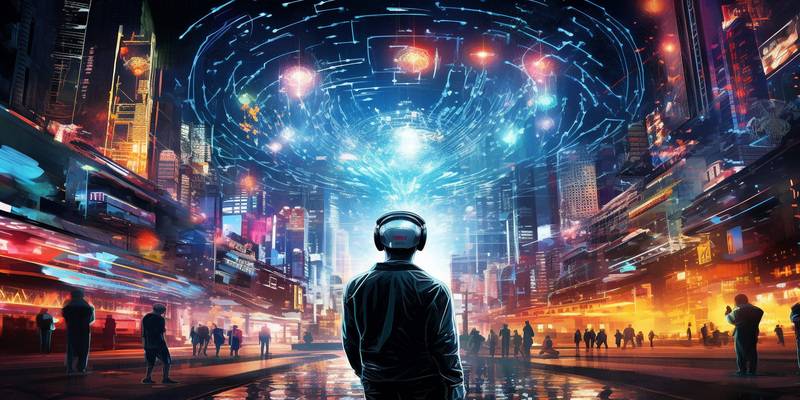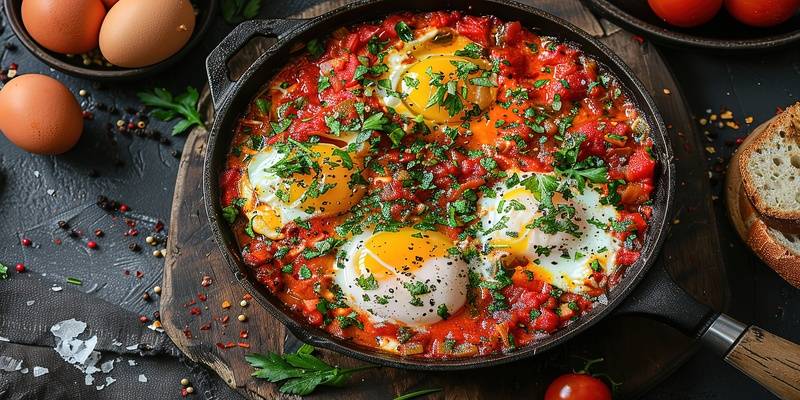Hong Kong – a crossroad of cultures

In today’s globalised world, the traditional lines separating countries are blurry. Being born in one place certainly does not confine you to that space. One may ask as to how do people balance these different cultures they are in contact with? Is it possible to reconcile two or more sets of cultures and customs even if they seem incompatible? How does identity shift when pulled in different directions? These are difficult questions to ponder upon and do not have simple answers. To get an inside perspective, we interacted with five people who were born to parents from different race and grew up in a multicultural environment. Separated by religion, culture and geography, they were brought together by the conducive melting pot that is Hong Kong. Through these perspectives, we look at what it means to be multiracial in today’s climate — so that we may get closer to understanding how identity is shaped when different cultures collide.
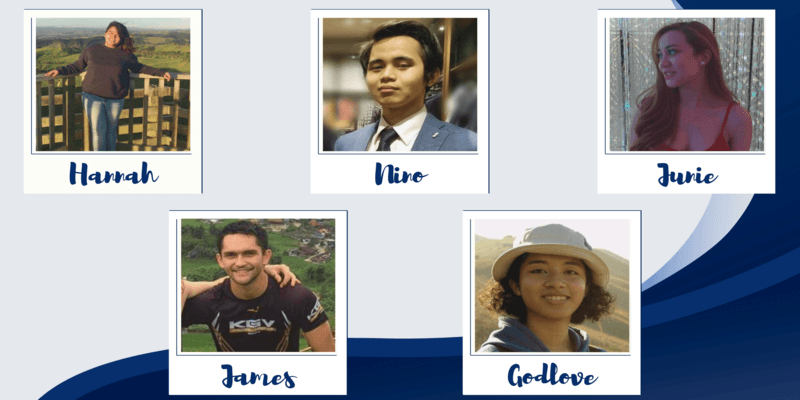
Hannah Marie Muir (Hannah)
Father is Pakeha (New Zealander of European descent) while her mother is Filipino
Febenino Jamago Leigh (Nino)
Father is 3/4 English and 1/4 Chinese while his mother is 3/4 Filipino and 1/4 Spanish
Junie–Llene Flores (Junie)
Father is Israeli while her mother is Filipino
James David Wright (James)
Father is British while his mother is Filipino
Godlove Glory Aigbekaen (Godlove)
Father is American-Nigerian while her mother is Hong Kong-Chinese
How did your parents approach the topic of race and identity during your formative days?
Hannah: There were no discussions. We just never talked about it. As for preparation, they told me what was acceptable to say and do and what wasn’t in the two cultures but that was about it.
Nino: My parents introduced me to their cultures by exposing me to their unique ways of doing certain things. However, I had to dig deeper as to why they did things in a certain way.
Junie: Self-discovery and curiosity about other races and identities prepared me. In terms of identity, it was related to self-reflection and self-awareness as to where I felt I truly belonged.
James: They educated me about their cultures so that I had an informed opinion. I feel that it is better to enforce the idea that race and culture don’t matter as long as you accept the faults.
Godlove: Oddly, we never actually discussed the topic of race and identity. I learned most of it myself and then from school.
What role did living in Hong Kong play in all of this?
Hannah: Being in an international city, I looked around and saw many people that were in the same situation as me and that made me comfortable. My school made sure that the students were aware of each other’s cultural roots. It brought us all a little closer.
Nino: Hong Kong is a melting pot of all races, religions, philosophies, ideas and economies. With all the opportunities that this place has to offer, respecting the differences is a must. Sharing things that we have learned from lands far away is rare but things are changing.
Junie: Hong Kong brings in people from different countries, backgrounds and cultures. Living here most of my life has helped me define and gain a better understanding of other cultures. This exposure truly helped me come to terms with my own mixed identity.
James: Since it is a city accustomed to different ethnicities moving in and out due to trade, it is easier to adapt and adjust to the lifestyle in Hong Kong. No one really cares where you are from as long as you follow the system of doing things and maintain harmony.
Godlove: Hong Kong is the main environment that I have known since I was young; so even I don’t realise the effect that it has had. I consider it home and myself a true part of it. For an outsider, it is easier to adjust in an international place such as this as it has something to offer to everyone.
Have you noticed people treating you differently based on your multiculturalism?
Hannah: Filipinos treated me like I am rich because I have a father who is a westerner. On the other hand, I have had westerners treat me like I am below them. Now, I don’t feel it as much as I used to because the world has become more accepting. Either that or people have stopped caring so much.
Nino: There is a stigma that comes attached with being biracial. I do believe it is due to limited exposure with other cultures and perhaps a bit of intolerance. As the world becomes more interdependent, these boundaries will slowly fade and people will become more accepting over time.
Junie: Definitely! As stereotypical as it sounds, they expect me to know absolutely everything in terms of language and culture. It can get a little overwhelming as there are so many aspects of any culture to learn. Combine a two or more different countries, religions and traditions and it becomes a lot more complicated.
James: Language has always been a barrier for me as I can only speak English fluently. Although the culture has never been a barrier but it is a bit difficult to communicate with my family on the Filipino side. Also, some people tend to fancy biracial individuals for being exotic or different. Something that I don’t endorse.
Godlove: Yes, people always look at me with curiosity or disdain. The most serious discrimination I faced was when I was in secondary. My classmates bullied me, both online and offline, and asked me to leave Hong Kong. On the other hand, my family members nurtured and supported me in becoming who I am today.
What has being multiracial taught you?
Hannah: I have learnt that your race and culture do not define who you are and that one doesn’t have to identify with it. It’s okay to identify with another culture if we find it true to us. There is more to us than the place we were born in or the culture surrounding us.
Nino: It helped me empathise better with people. Appreciating individuals from different walks of life opens several opportunities that one wouldn’t consider otherwise. I believe that we are tribal creatures and we tend to stay with our own. However, it does not hurt to explore.
Junie: As someone who has lived in the Philippines, Canada and Hong Kong, I can say that all of these countries have given me plenty of opportunities to meet and connect with people from all over the world. It has also helped me to become open-minded to all cultures and races.
James: It is an advantage to see beyond the racial and cultural divide. Any smart person can figure out that race and culture are all constructs that only exist to categorise us and not define who we are. It might be easier to see for those who are open-minded or of mixed-race.
Godlove: I think being biracial allows me to embrace both cultures. It also helps me to see the world through three perspectives: the Chinese, the American and the mixed. It’s always good to have another perspective as you can see things that you may not otherwise.
Has the way you identify yourself changed over the years?
Hannah: Now, I am more open-minded in welcoming both my cultural identities without letting them define me. The change of lifestyle and those around me played an important role as they represented different walks of life with no judgement behind them. This allowed me to be comfortable in my skin.
Nino: I’ve often been confused about my origins but over the years, I have learned not only to appreciate it but also to delve deeper in understanding my paternal and maternal roots. Also, studying in a multinational school and living in an international city are some other factors that have helped in altering my perception.
Junie: I used to tell people where my parents are from but then it got too confusing for them. I wanted to cut down on the constant need to explain every time someone asked me about my identity. So now, I prefer saying that I’m from Hong Kong. I’ll only elaborate when someone really wants to know about my parental roots.
James: I can’t associate with Hong Kong because of the language barrier. Nor can I call myself English or Filipino because it feels as if I am trying to adopt a culture that I did not grow up in. I don’t care anymore because it is liberating not to associate with just one culture when every culture has something to offer.
Godlove: When I first came to Hong Kong, I didn’t identify myself as a Hongkonger due to the discrimination I faced from my classmates. Over the years, I have developed a good bond with some of my classmates and some are even my friends. This transition has helped me feel that I truly belong here as a proud Hongkonger.
What problems have you faced as a multiracial person?
Hannah: The obvious one is the identity crisis. Do I embrace my Filipino side or the Kiwi in me? Also, I have been rejected from jobs because of my race. People assume that I must be a domestic helper or a prostitute. Some even accused me of lying about my heritage to look more ‘exotic’.
Nino: Not knowing where I belong is a big issue. I feel like an outsider in both my paternal and maternal countries. I also feel like an outsider in Hong Kong where I grew up. You may know the language, the culture and the city, but it feels as if you never truly belong here.
Junie: I feel that I don’t exactly belong to one culture. Also, many locals don’t realise that I understand Cantonese. Sometimes they say nice things and at times, they are rude. It comes as a shock to them when I reply in Cantonese; some are even left embarrassed.
James: Because of my western features, people assume that I am not of Asian descent. I have received negative comments from other Asians saying that I am “not really Asian” because I can’t speak the language and the obvious fact that I don’t look like one of them.
Godlove: I faced discrimination from locals as I did not look similar to them. I feel I am less likely to make friends with locals because they’d rather get along with those who look like them. It is very hard to break into local friend circles if you look even a little different.
Do you feel that your cultures are compatible?
Hannah: I feel that they balance out each other. On one hand, Kiwis are very open-minded and relaxed whereas Filipinos have strong beliefs and are strict.
Nino: There are minor incompatibilities but nothing disruptive. For example, my mother prefers to eat with her hands and my father is appalled by such a tradition.
Junie: All cultures have the potential to be compatible with each other. It’s just a mind over matter situation. Luckily, my parents are open-minded and respect each other’s differences.
James: I try to accept that some aspects of my Asian heritage cannot be understood by someone who does not want to. It is less about the culture and more about the mindset.
Godlove: I feel it is compatible. The American culture is very much prevalent in Hong Kong and it works as a nice balance. I get the best of both worlds.

